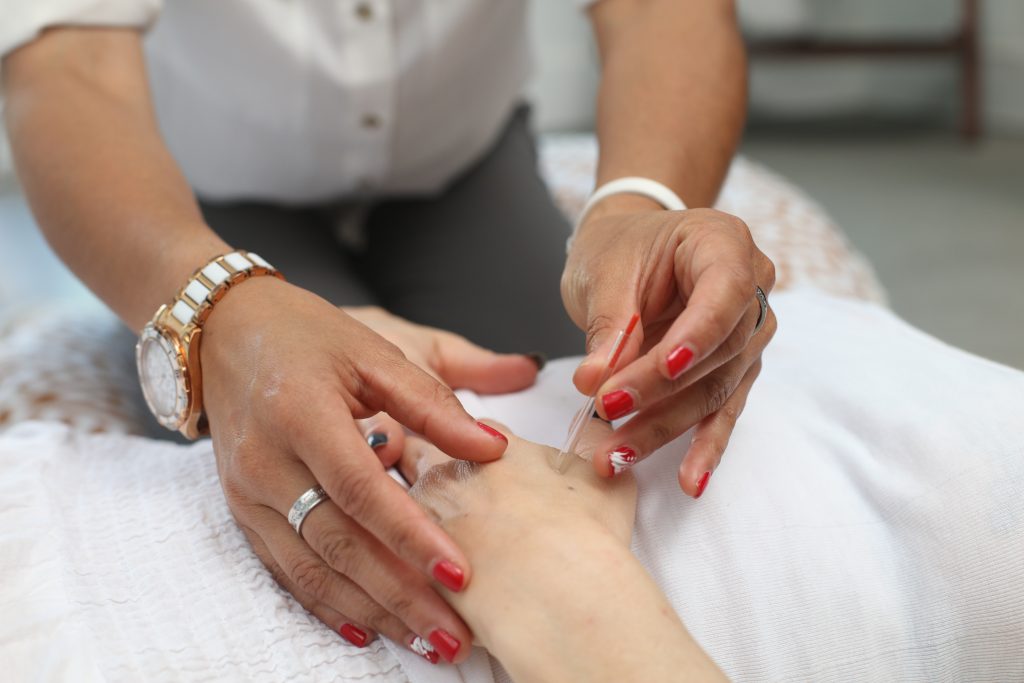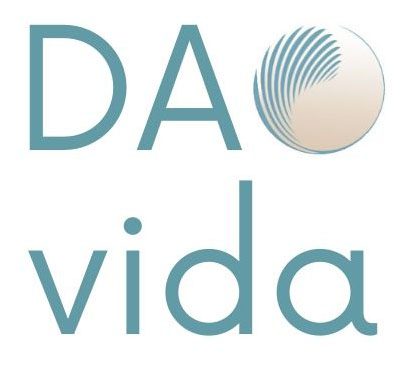A study published in March 2011 suggests that Traditional Chinese acupuncture, which treats patients by inserting and manipulating needles in the body, curbs the severity of hot flashes and other menopausal symptoms largely related to mood. The women in the study received acupuncture twice a week for 10 weeks and showed significant drops in the severity of their hot flashes.Many women are willing to try anything to get rid of dreaded hot flushes and moodswings associated with menopause and acupuncture, which has been used for women’s health as early as 3rd century AD can offer an alternative to hormone replacement therapy. Whereas Western medicine focuses mostly on hormone replacement therapy, to replace the hormones (oestrogen and progesterone) no longer being produced by the ovaries, Chinese medicine offers a more holistic approach. It considers that in a state of health and balance a woman should go through menopause with no sign and symptom and any adverse symptom is a sign of imbalance that can be rectified through treatments like acupuncture. In addition, acupuncture allows for individualised treatment, as all women do not suffer the same menopausal symptoms and therefore do not need the same treatment. These days many women are concerned about the risk factors associated with HRT (hormone replacement therapy) such as increased risk of breast cancer, cardiovascular disease and blood clots and Chinese medicine, with its long history of treating women’s hormonal conditions, offers a natural and safe alternative for relief of symptoms such as sleep disturbance, weight gain and hot flushes. Acupuncture can help encourage the body to adapt to the changes it is going through at the time of menopause so this phase of life needn´t be synonymous of illness but rather of renewal and “second spring” as the Chinese so poetically describe it.
Acupuncture curbs the severity of menopausal hot flushes

